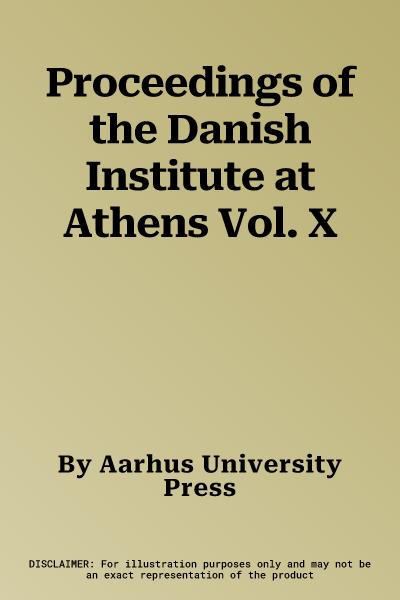PoDIA 10 features articles presenting the results from archaeological
sites in Cyprus and at Sikyon, Greece, the activities of Danish
philhellenes, and a re-evaluation of the significance of an archaic
Attic Sphinx in the Ny Carlsberg Glyptotek in Copenhagen. Kristina
Winther-Jacobsen analyses and discusses the ceramics and associated
burial customs from two tombs in Cyprus from the Hellenistic-Roman
period. Silke Muth and her team of researchers offer a preliminary
report on the excavations and accompanying research in Old Sikyon
2018-2019. It is in the same connection that M. Arenfeldt Christensen
presents a case study of human skeletal material from an Archaic grave
in Sikyon, uncovered in 2019. Annette Hojen Sorensen and Helge Wiingaard
discuss the role of the Danish diplomat and minority expert as a
Philhellene and present his collection of antiquities at Haderslev
Cathedral School in Denmark in the light of the extraordinary
circumstances in the first half of the 20th century which formed the
borderland not only between Denmark and Germany but also between Greece
and Turkey. John Lund discusses the activities of Frederik Scholten in
Greece and the Greek world during period around the Greek Revolution and
presents his drawings from this period. Finally, Ingrid Strom makes a
case for adding the Ny Carlsberg Glyptotek marble sphinx to the oeuvres
of the Moscophoros Master and for rendering it a more central position
in the studies of Early Attic marble sculpture.

